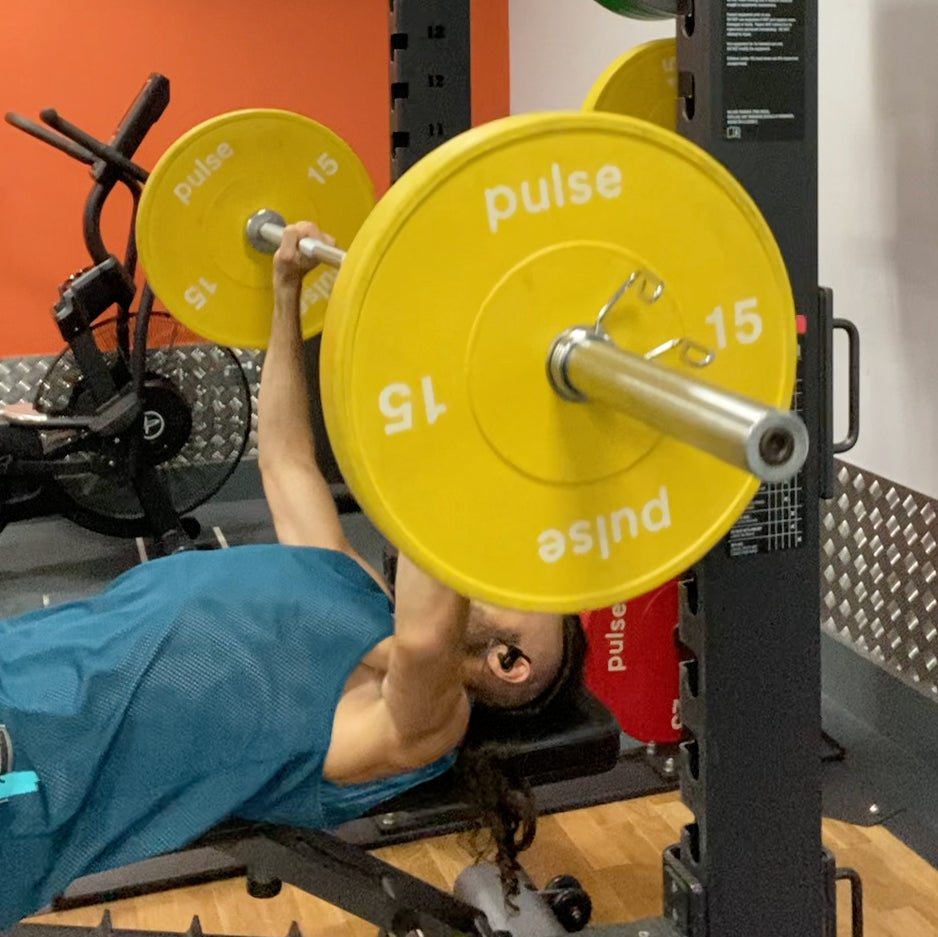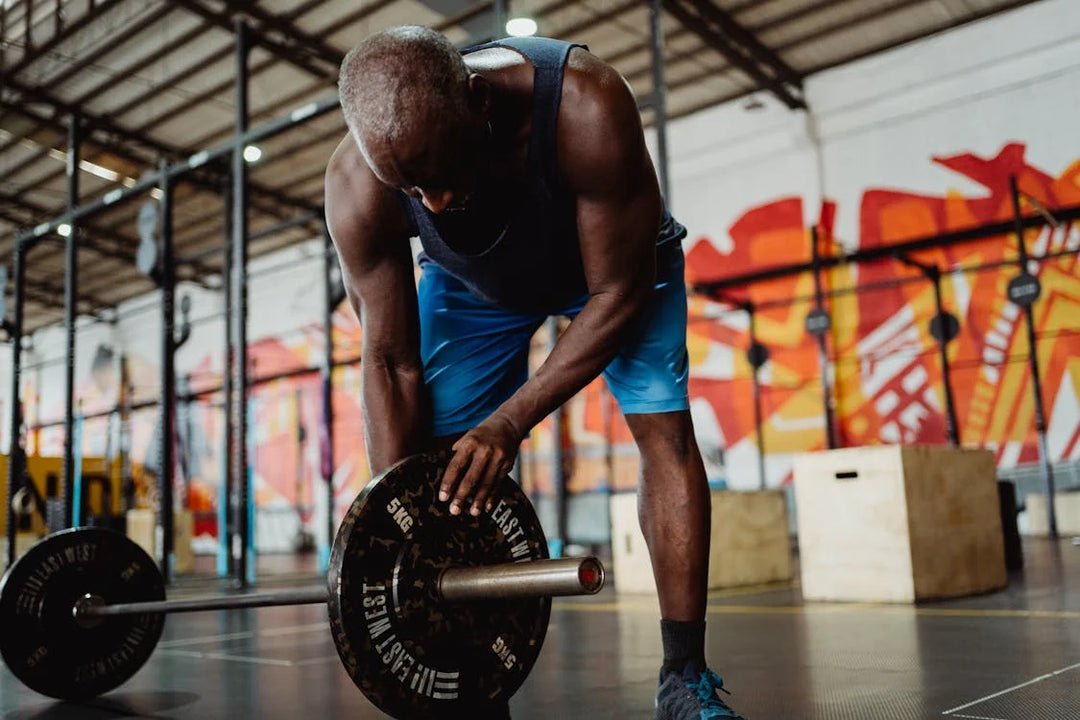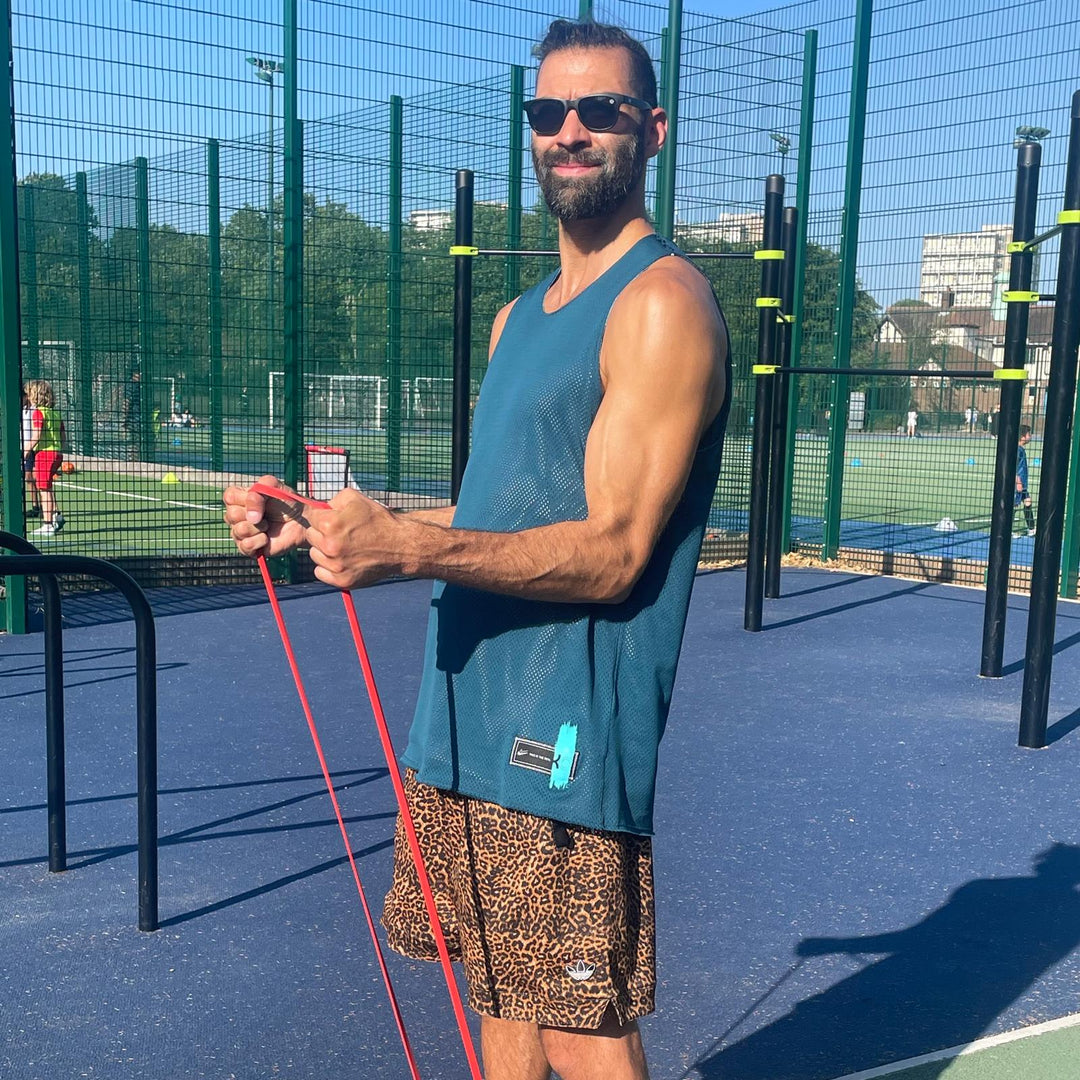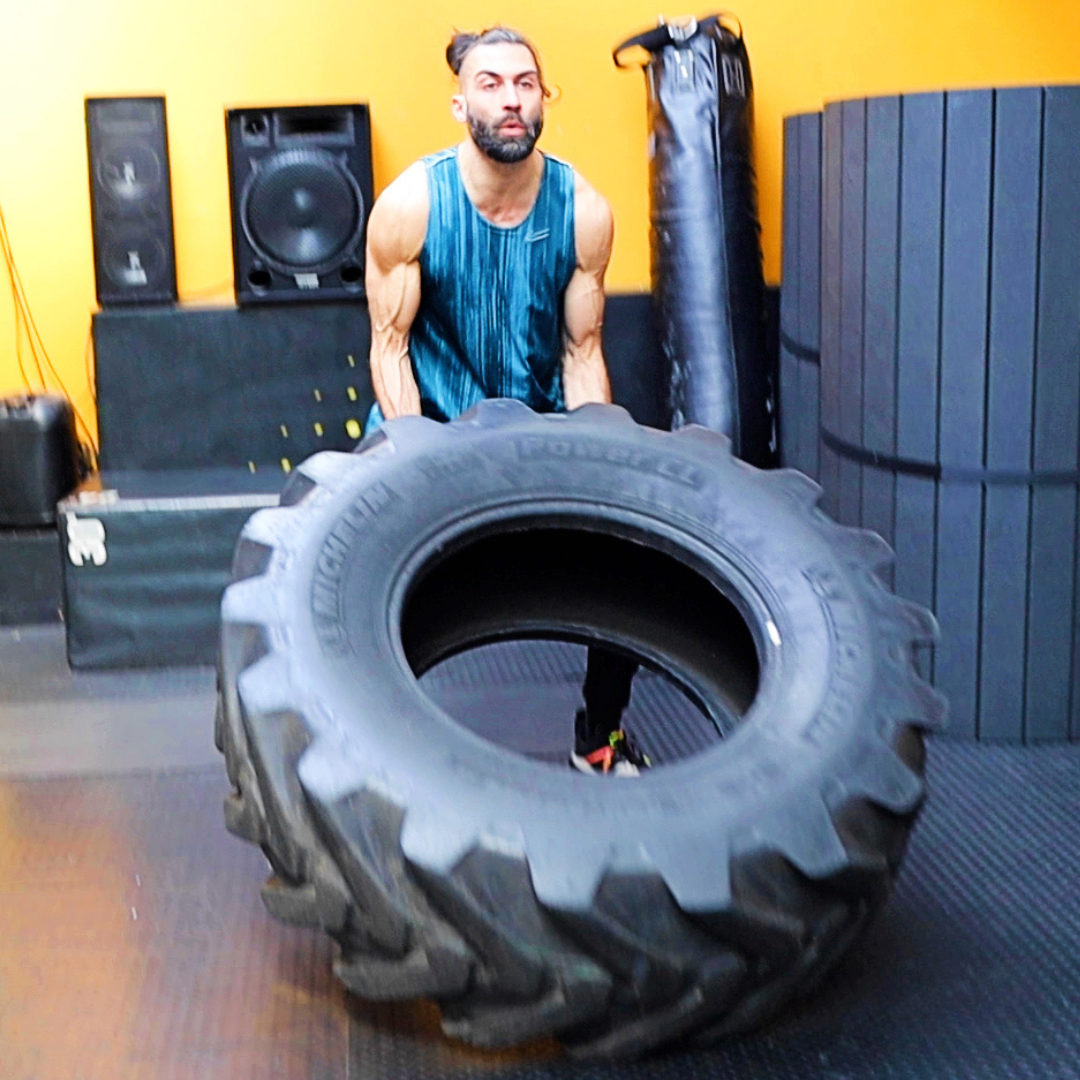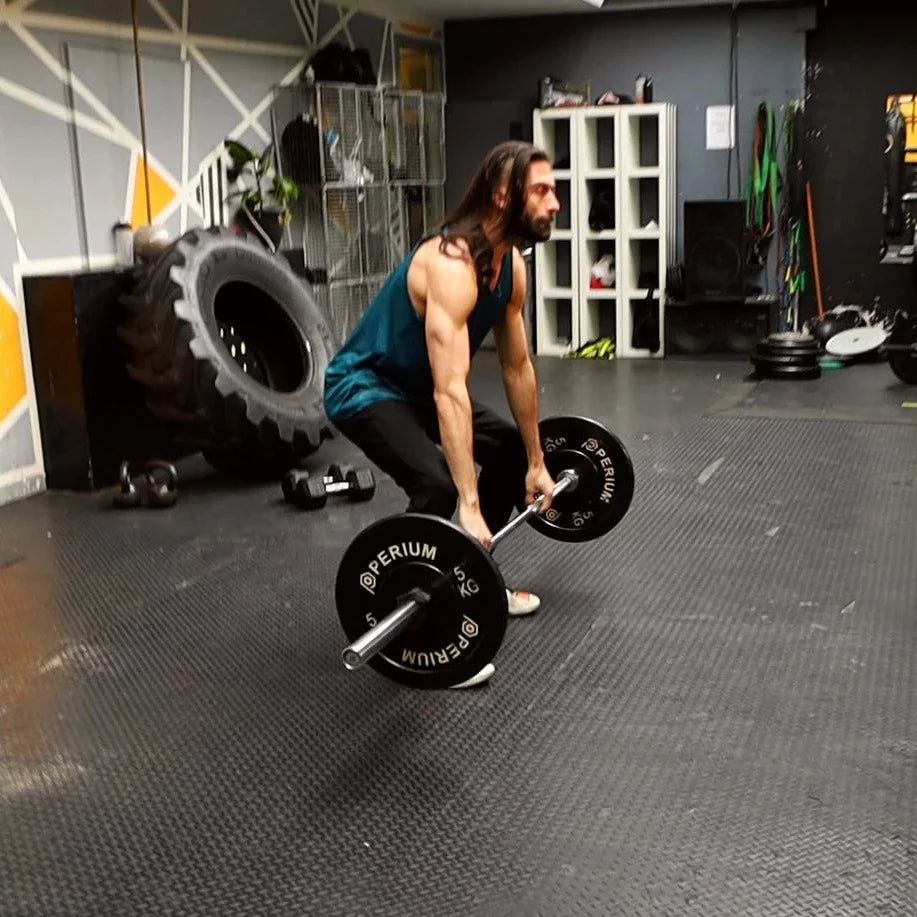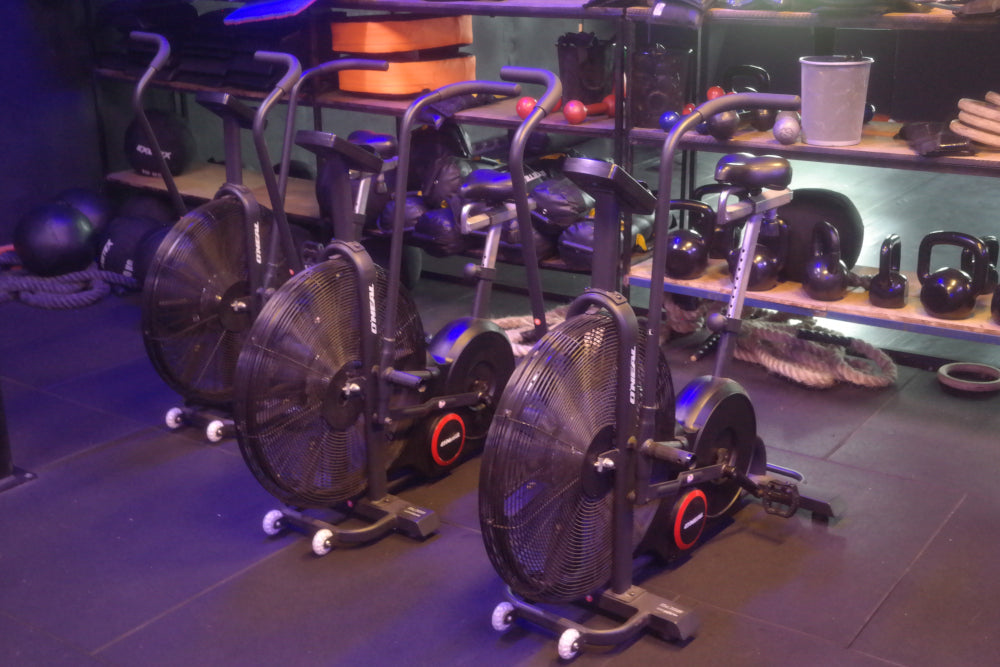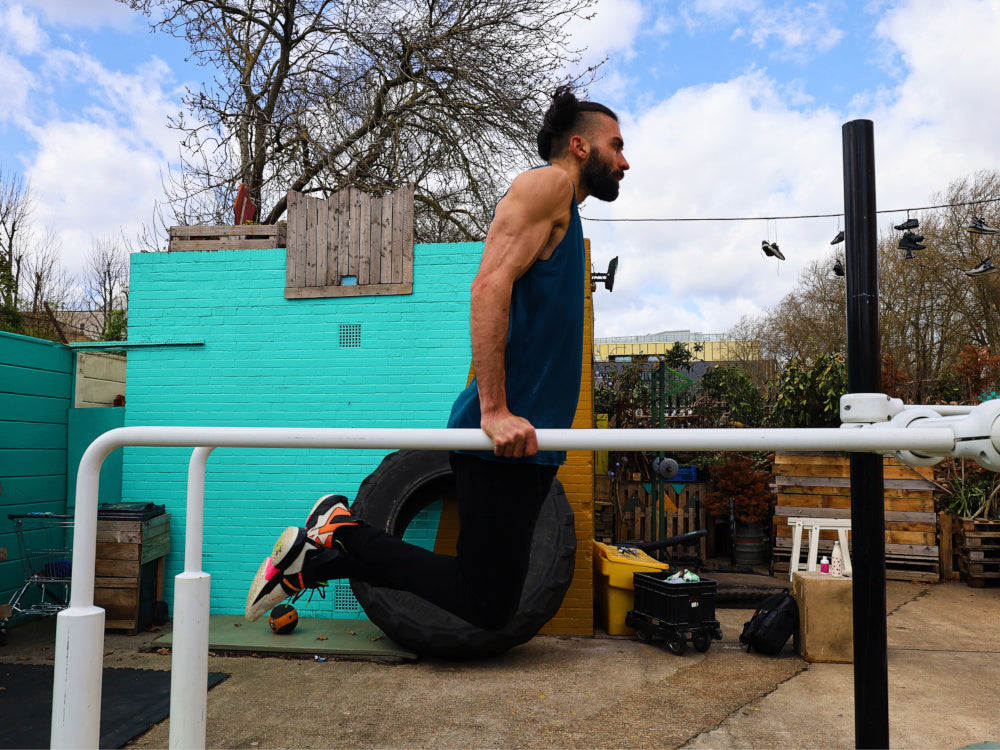Water Consumption and Its Impact on Training | The Best Beverage for Optimal Performance
What is the best drink during training?
Water is the best fluid for our physiological system. Our body is made of approximately 60% of water. It is logical to replace water with water as this is what the body has lost and what it needs.
No drink is better than water in terms of stomach juice and body compatibility.
The benefits of water are fundamental for:
- Body functions
- Brain functions
- Muscle functions
A loss of only 3% of this water amount causes a 10% drop in strength and an 8% loss of speed.
Water is vital for optimal body functioning. It has an essential role in:
- Cell renewal
- Biochemical reactions, moving nutrients in and waste out
- Electrolytes
- Blood
- Organs
- Body tissues
- Nerves
- Muscles
- Body temperature regulation
- Immune system
How much water should you drink during training?
Water plays a significant role during physical activities. It is a key element to maintaining performance. When we are training, sweating, and breathing out decrease the water levels. Drinking an adequate quantity of fluids to replace this water is required.
The length of an effort and the environment temperature will determine the amount of fluid needed to refuel the body. Because we lose more water during a long effort or by exercising within a hot environment. Therefore, we need to increase the amount of water that we drink in those circumstances.
When fluids are not replaced, athletes face dehydration risks. This has an adverse effect on performance and essential body functions.
The quantity of water drunk during training does not count in the minimum daily needs, as the water lost during training comes on top of the regular amount of water that our body loses every day.
Tips:
- To assess the water quantity needed during training, weigh yourself before and after exercise. For every 1kg decrease, replace with 1 litre of water.
- Drink moderately and regularly during cardio training.
- In weight training, take a sip every set or every other set.
Average quantity per day:
The adequate intake for fluids is 2.7 litres per day for women and 3.7 litres per day for men, on average. Water intake comes from a combination of food, fluids, and water produced by our normal metabolism. Also, fluids are lost through our skin, lungs, urine, and faeces. Losses are higher when a person perspires heavily or is ill. Water is essential to eliminate the body's waste products.
The National Health Service (NHS) recommends consuming 6–8 glasses of water a day, or 1.9 litres (almost 34oz).
Do electrolytes help performance?
Electrolytes are also called ions. They are mineral salts dissolved in the body's fluids. The main electrolytes are Calcium, Chloride, Magnesium, Phosphorus, Potassium, Sodium. To live, each cell must have just the right mix of water and electrolytes.
Several studies have shown that it may be beneficial to have a drink with added carbohydrates or minerals (electrolytes) during prolonged training. This serves three purposes: to replace the water lost through exercising, to provide carbohydrates to boost dwindling reserves, and to replace the electrolytes lost through sweating.
REFERENCES:
- Campbell SM. Hydration needs throughout the lifespan. J Am Coll Nutr. 2007; 26:585S–587S.
- Institute of Medicine, Food and Nutrition Board. Dietary Reference Intakes for Water, Potassium, Sodium, Chloride, and Sulfate. Washington, DC: National Academies Press; 2004.
- Sawka MN, Burke LM, Eichner ER, et al. American College of Sports Medicine position stand: exercise and fluid replacement. Med Sci Sports Exerc. 2007;39:377–390.


